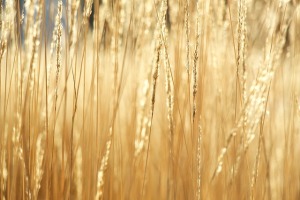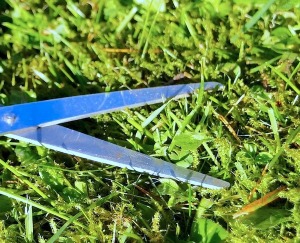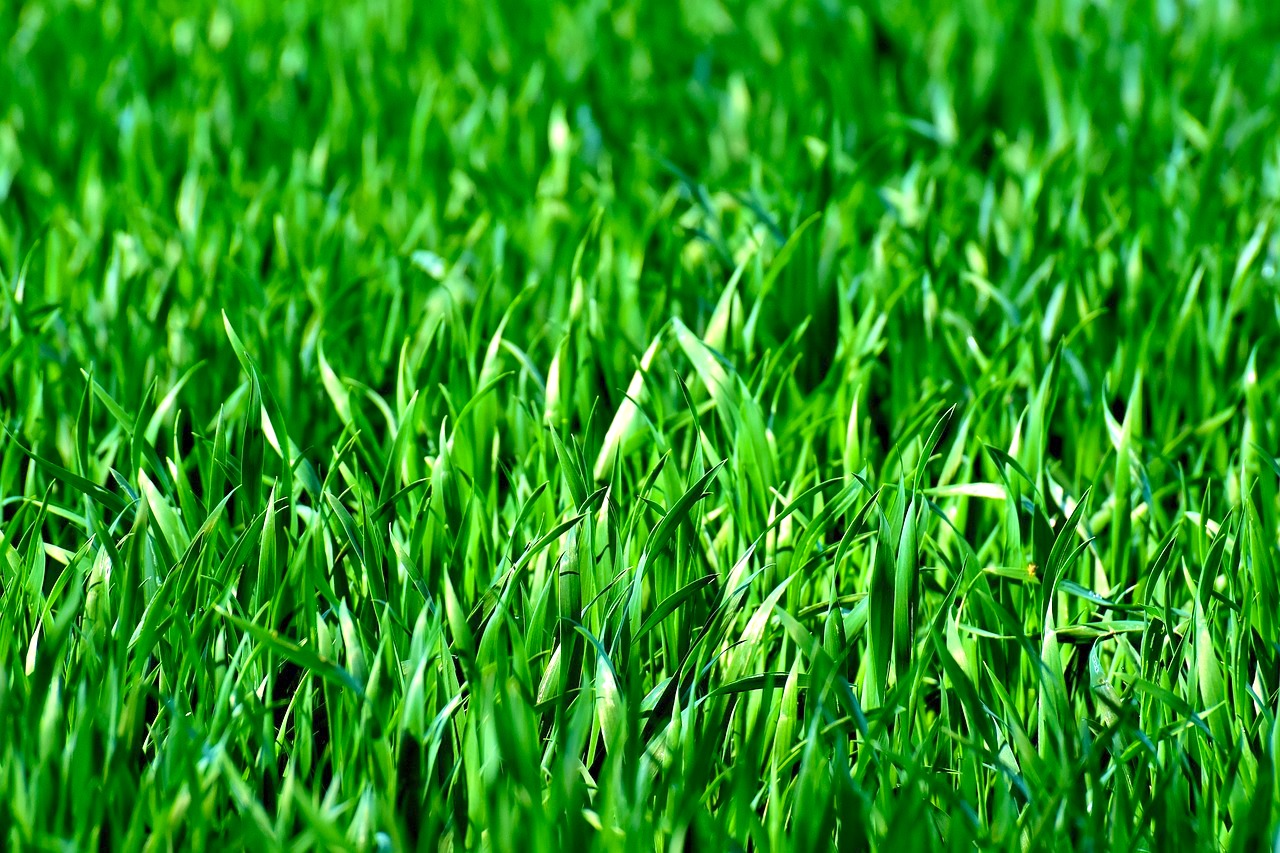Every few weeks I go to the cemetery and trim the grass over my child’s grave. ( Why the cemetery isn’t doing this is a long story, so don’t ask ) Next to Jacob are two graves of young adults who died around the same age, one in his mid twenties, the other in his early thirties. When I trim the grass over my son, I also trim the grass over these young men as well. It doesn’t take long, and it’s a mitzvah.
The word mitzvah is commonly translated as ‘good deed’ or ‘commandment’. There’s no specific commandment in the Torah to cut grass over graves, but it’s a matter of honoring the dead. It makes the grave look cared for. It shows somebody cares. In fact, the biggest mitzvah I can do is to do something for someone who can’t give me anything in return.
All this got me thinking about grass, cutting grass, and what it symbolizes. King David, who wrote the book of Tehillim ( Psalms ), mentions grass in his poems:

‘…by morning they are like grass that withers. In the morning it blossoms and is rejuvenated, by evening it is cut down and brittle…’ ( Psalm 90:5-6 )
Man is compared to grass that starts out growing fresh and strong, only to wither away at life’s end.
In contrast, in Psalm 72 King David voices his hope for the reign of his son Solomon with people living tranquilly:
‘…may people blossom forth from the city like grass of the earth…’ ( Psalm 72:16 )
A deeper meaning of this passage is that it also refers to the resurrection of the dead. Just as it’s impossible to count the blades of grass, it will be impossible to count all those who will rise up at the End of Days.

There are other strong connections between grass and our children who have passed away. When grass is cut, it reminds us of our children whose lives were cut short. But grass has a pleasant smell. So too, our children were pleasant, their memory is pleasant.
‘…They were beloved and pleasant in their lives, and even in death they are not parted from Him…’ ( prayer book, Siddur Tehillat Hashem, pg. 232 )
Grass is also resilient. We walk on it and sit on it. Nonetheless, each blade of grass bounces back standing straight. Just as each blade of grass ‘remembers’ to remain standing, we will always remember our children.

And cut grass always grows back. Even when a blade of grass is pulled up, something of it remains in the ground, and it grows back.
Just like the grass, may our children come back to us even more beautiful and stronger than before. May it be soon.

Leave a comment